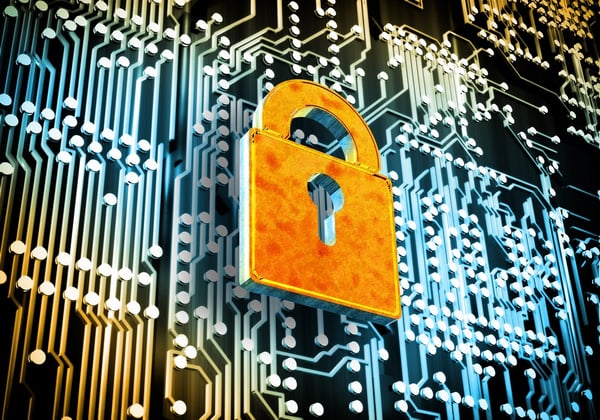It’s vital for parents to stay involved in their kids’ onlRoundup ives. Sharing on social and playing games are two popular mobile device pastimes. Keep in mind that both activities could likely include the potential sharing of names, birthdays, age, geographic location, contact information and photos with identifiable information. Children of all ages must be taught that a level of anonymity will help to protect them from those who might not have the best intentions.
Be Smart About Socializing
Here are three very basic things that will help protect personal information:
- Share with care – What you post can last a lifetime: Help your children understand that any information they share online can easily be copied and is almost impossible to take back. Teach them to consider who might see a post and how it might be perceived in the future.
- Post only about others as you would like to have them post about you:Remind children about the “golden rule” and that it applies online as well. What they do online can positively or negatively impact other people.
- Own your online presence: Start the conversation about the public nature of the internet as early as possible. Learn about and teach your kids how to use privacy and security settings on their favorite online games, apps and platforms.
Stay in the Game Safely
To the best of their ability, parents need to know what games their kids are playing. NCSA’s recommends the following for staying safe online while playing games:
- Secure your kids’ accounts: Ask for protection beyond passwords. Many account providers now offer additional ways for you to verify who you are before you play games on that site.
- Make passwords and passphrases long and strong: Combine capital and lowercase letters with numbers and symbols to create a more secure password.
- Have your kids use an avatar rather than an actual picture of themselves.
- Use voice chat safely or not at all. If your kids play a game that features live voice chat, make sure they disguise their voice. If the game does not have this feature, do not let them use voice chat.
NCSA’s Cyber Trip Advisor
Getting Ready to Go:
Travel has become – literally – more “mobile” than ever before. Avoid mayhem and make magical family memories by taking a few simple cyber safety steps before you head out of town.
- Keep a clean machine: Before you hit the road, make sure all security and critical software is up-to-date on your connected devices and keep them updated during travel. It is your best line of defense.
- Lock down your login: Your usernames and passwords are not enough to protect key accounts like email, banking and social media. Begin your spring cleaning by fortifying your online accounts and enabling the strongest authentication tools available, such as biometrics, security keys or a unique one-time code through an app on your mobile device.
- Make sure all devices are password protected: Use a passcode or security feature (like a finger swipe) to lock your phone or mobile device.
- Think before you app: Review the privacy policy and understand what data (such as location and entry to your social networks) the app can access on your device before you download. Delete apps you are no longer using.
- Own your online presence: Set the privacy and security settings on web services and devices. It is okay to limit how and with whom you share information – especially when you are away.
While on the Go:
Once you and your gang are at your destination, be sure to remember the following:
- Actively manage location services: Location tools come in handy while planning your trip or navigating a new place, but they can also expose your location ‒ even through photos. Turn off location services when not in use.
- Get savvy about WiFi hot spots: Do not transmit personal info or make purchases on unsecure networks. Instead, use a virtual private network (VPN) or your phone as a personal hotspot to surf more securely.
- Turn off WiFi and Bluetooth when idle: When WiFi and Bluetooth are on, they connect and track your whereabouts. If you do not need them, switch them off.
- Protect your $$$:Be sure to shop or bank only on secure sites. Web addresses with “https://” or “shttp://”, means the site takes extra security measures. However, an “http://” address is not secure.
- Never use public computers to log in to any accounts: Be extremely cautious on public computers in airports, hotel lobbies and Internet cafes. Keep activities as generic and anonymous as possible.
- Share with care: Think twice before posting pictures that you would not want certain people (like your parents or employer) to see or photos that would reveal you are traveling.
References:
Beffa, J. (2018, May 31). CyberSecure My Business™. Retrieved from https://staysafeonline.org/cybersecure-business/
The National Cyber Security Alliance’s (NCSA’s) CyberSecure My Business™ is a national program helping small and medium-sized businesses (SMBs) learn to be safer and more secure online. For more information on NCSA, please visit staysafeonline.org/about




.png?width=1080&name=GOOGLE%20REVIEW%20(1).png)